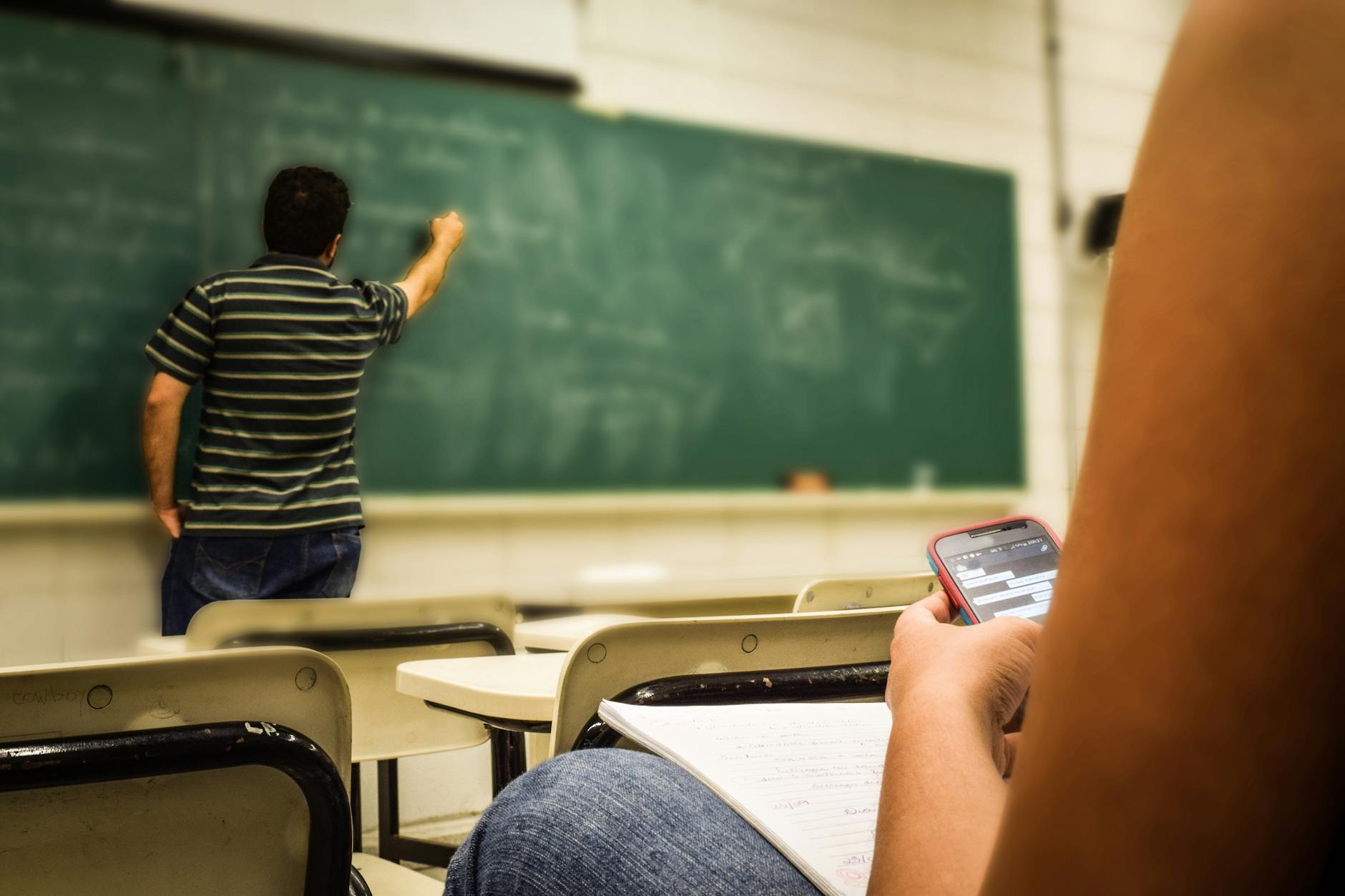
Larry Cuban has some great thoughts–as always–on the potential of AI to change education.
Yet there is little evidence that classroom use of these previous technologies forced classroom teachers to rethink, much less reshape, instruction. Nor have I found convincing evidence that these technologies altered fundamentally how teachers teach, increased student engagement, or raised test scores.
So I have concluded that those pushing AI use in classrooms fail to understand the complexity of teaching.
Yes, there have been any number of technological revolutions meant to forever change the landscape of teaching and learning. Most of these revolutions have fallen by the wayside or have never seen their true potential realized. I’m looking at you, 1:1 computing initiatives.
I’m of the mind that the failures of these technologies to revolutionize teaching and learning don’t fall on the technologies. They are, after all, just tools with no consciousness, no agenda, and no determination of how best to use them.
That part is up to us, the human implementors of said tools. When we can’t figure out how to leverage tools properly or, as is far more often the case, refuse to implement the tools, failure is assured.
Far too often, I hear the argument from some teachers that, “What I’m doing works, and I don’t need to learn anything new,” or the ever-so-sinister, “I only do my learning in the summer and don’t have time for this.”
Perhaps most damnable is this statement: “Technology has never been shown to increase test scores, so we don’t need to use it.”
Because all we’re worried about is test scores. And that’s the real problem.
The Eclectic Educator is a free resource for everyone passionate about education and creativity. If you enjoy the content and want to support the newsletter, consider becoming a paid subscriber. Your support helps keep the insights and inspiration coming!